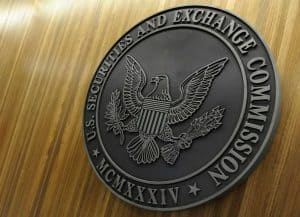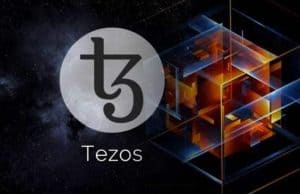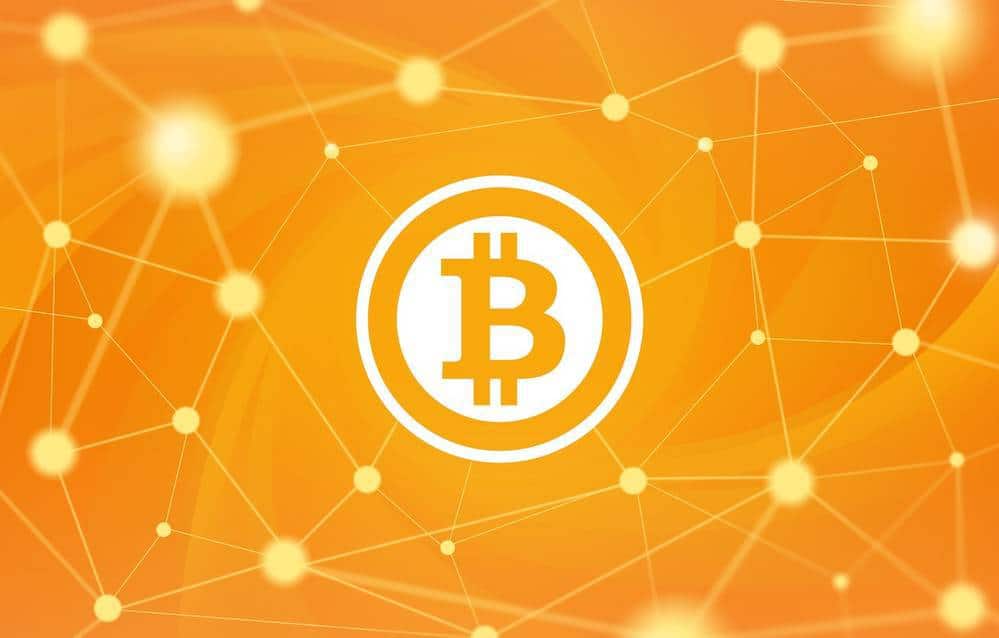Cryptocurrencies are a runaway train and nobody can stop it. Truth be told, digital coins have become a gravy train for smart investors. Making millions in very short periods of time, they want the wild ride to go on forever!
Unfortunately, some form of control will eventually be implemented on cryptocurrency. This control is most likely to emerge in form of government regulation. Today we shine a light on this conundrum below and express projections on control measures for cryptocurrency.
Cryptocurrency trading is the Wild Wild West of investment

Alan Greenspan
Around the time that the dot-com bubble popped between 2000 and 2002, the chairman of the Federal Reserve Mr. Alan Greenspan indicated that investors were approaching tech stocks with too much irrational enthusiasm. The heartbreaking stories of the millions that were lost overnight confirmed his opinion in the months and years after the stock market crash.
Today, the same can be said for cryptocurrencies. On December 17th 2017, the price of Bitcoin rose to a sky shattering $19,783.21 USD. Today, it is worth 3,394.99 USD. Analysts indicate that it will rise back up to $20,000 by mid 2019.
This indicates the level of volatility that this cryptocurrency is currently experiencing. Being the biggest and most valuable of them all, it represents the performance of the cryptocurrency market overall.
Initial Coin Offerings (ICOs)

ICO
Digital currencies are unveiled to the masses through Initial Coin Offerings (ICO). Ever since the very first ICO in 2010, these Fintech events have raised up to $6 billion USD. As a matter of fact, the total market capitalization of all cryptocurrencies today is $260 billion.
ICOs are mushrooming everywhere. Statistics indicate that there is an ICO happening somewhere in the world every single day. Unlike Initial Public Offerings (IPOs), ICOs are unregulated. Moreover, the investors don’t receive company stock or shares. They only get to hold digital coins that rise in value throughout the life of the ICO.
After the event is closed, the investors can keep or sell the digital coins at the final price. Astute traders take short positions and mint millions in a matter of months. Moreover, ICOs have replaced venture capital as a source of money for technology companies. Therefore, the ICO industry and cryptocurrencies at large are prime landscapes for fraud. However, technology enthusiasts indicate that they are the last frontier of freedom in a digital world.
Why the regulation of cryptocurrencies is so difficult
Financial technologists are indicating that cryptocurrencies are an asset class all on their own. These digital currencies are also very dynamic. Therefore, some of them exhibit the characteristics of traditional securities.
Some perform as utility shares due to their value addition model. Moreover, some perform strictly as currencies while others are strictly voting instruments. All types of digital currencies can be traded. Hence, they are all hybrids. As such, coming up with regulation for governing or taxing them can be very difficult.
None of these digital stores of value fit in the traditional description of an investment contract as proposed by the Howey test. As such, governments and regulatory bodies are at a loss on how to regulate cryptocurrencies.
Steps taken in regulating digital currencies

Securities and Exchange Commission (SEC)
The US Securities and Exchange Commission (SEC) and law enforcement are currently clamping down on companies which are involved in fraudulent Initial Coin Offerings (ICOs). The law is recommending that anyone who wants to hold an ICO needs to register the event with the SEC first. This means that selling unregistered digital securities can result in massive fines and even jail time.

Tezos
This step curbs the use of ICOs for fraudulent means as was the case with Tezos. The company raised $232 million USD through an unregistered, unmonitored ICO. Eventually, the company’s directors faced allegations of fraud and violating securities law.
According to forecasts given by the SEC, cryptocurrencies will be collectively combined in a new asset class. After that, it will be subjected to U.S. securities laws and regulations.
While there are steps to regulate cryptocurrencies, there isn’t much effort towards this effect. The law enforcers and commissioners find cryptocurrencies to be very complicated. Moreover, there is so much money flowing through ICOs that regulation can be a sticky issue for investors. As such, countries have chosen 3 stances on cryptocurrencies. These are:
- Closed
- Open and Strict
- Open and Liberal
China is Closed, the USA is Open and Strict while Switzerland is Open and Liberal.





